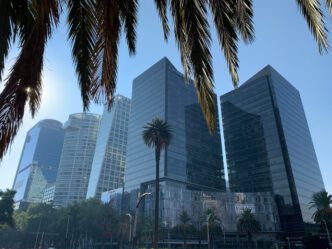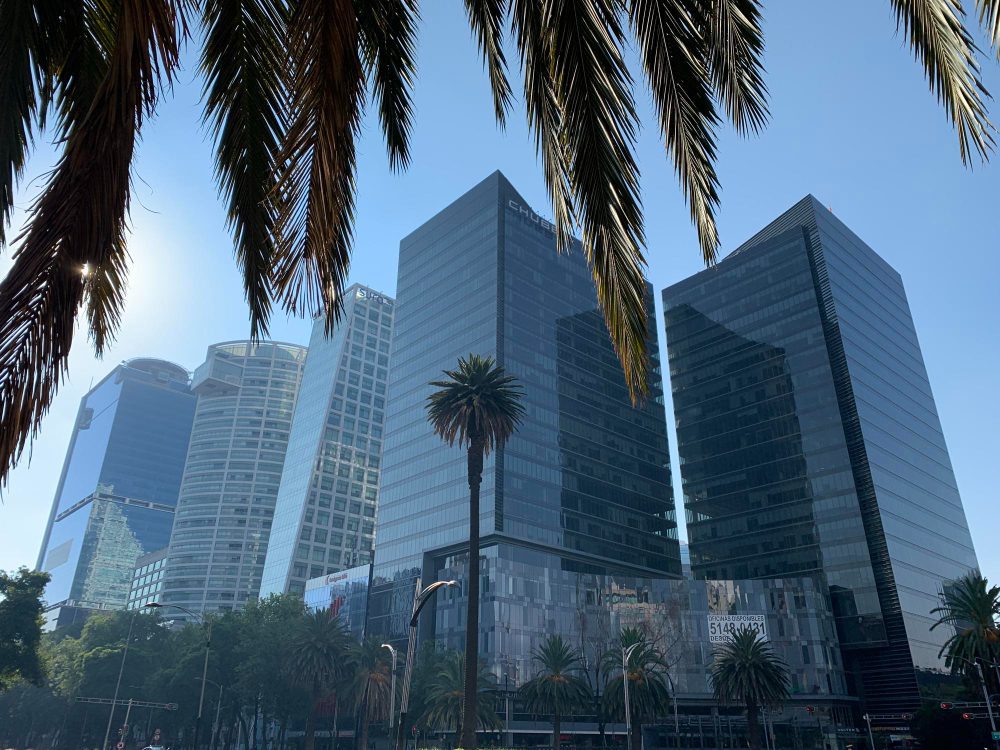Executive Summary
The Story So Far
Why This Matters
Who Thinks What?
The European Union is solidifying its role as Mexico’s second-largest foreign investor, with over €200 billion allocated to projects since 2000, targeting strategic sectors like manufacturing, energy, and technology. This significant investment underscores a deepening economic partnership, highlighted by initiatives such as the Isthmus of Tehuantepec Corridor and the upcoming Modernized Global Agreement, as officials confirmed this week.
Deepening Economic Ties
The EU’s investment strategy in Mexico is focused on strategic sectors, including manufacturing, energy, technology, and logistics. A flagship project within the EU’s Global Gateway strategy is the Isthmus of Tehuantepec Corridor, which encompasses initiatives in renewable energy, green hydrogen, and workforce training.
Italy’s Ambassador to Mexico, Alessandro Modiano, affirmed the importance of this relationship during the 4th Binational Convention, New Routes and Bridges of Progress, hosted by the American Society of Mexico (AMSOC). Modiano stated, “Mexico needs more foreign investment and we are working to make that happen. The EU is the second-largest investor in the country, which proves the strategy is working.”
Strategic Investments and Partnerships
Since the year 2000, European firms have invested more than €200 billion across various projects in Mexico, spanning infrastructure, energy, and trade. These contributions include the modernization of key Mexican ports such as Veracruz, Lázaro Cárdenas, and Progreso, leveraging European technical expertise and innovation capacity.
Ambassador Modiano highlighted the EU’s perception of Mexico as a crucial partner in global industrialization and the transition toward sustainability. He noted that Mexico offers attractive conditions for large economic groups, including skilled labor, macroeconomic stability, and institutional certainty.
Future Outlook
Further expansion of economic opportunities is anticipated with the upcoming enforcement of the Modernized Global Agreement between Mexico and the European Union. This agreement is expected to broaden collaboration in financial services, telecommunications, digital trade, and transportation.
The deal includes commitments to innovation, sustainability, and the energy transition, aligning both partners with contemporary global economic and climate goals. Modiano underscored that international corporations are actively seeking countries with competitive advantages, which Mexico demonstrably possesses, driving continued and strengthened European investment.








